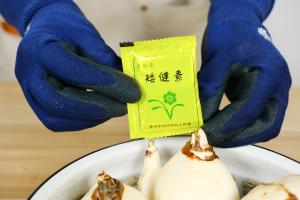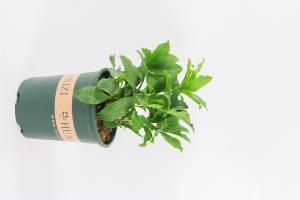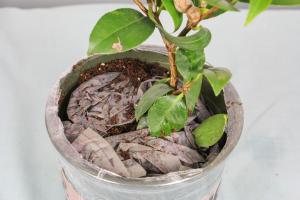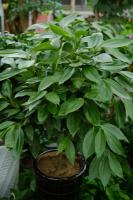Introduction
Many gardeners use tap water to irrigate their plants without thinking about the consequences. While tap water may seem like a convenient option, it could be harming your plants more than you think. This article will explore the effects of tap water on plants and offer alternative solutions for proper irrigation.
The Chlorine Effect
One of the main problems with tap water for plants is the presence of chlorine. This chemical is added to water supplies to kill bacteria and other harmful organisms. However, chlorine can also harm plants by damaging the roots and limiting their ability to absorb water and nutrients. The effects of chlorine on plants may not be immediate but can accumulate over time.
The pH Factor
Another problem with tap water is its pH level. The pH level of water determines its acidity or alkalinity. Tap water typically has a pH level between 7.2 and 8.5, which is alkaline. Most plants prefer a pH level between 6.0 and 7.0, which is slightly acidic. When plants receive water that is too alkaline, it can result in the accumulation of minerals in the soil, making it difficult for plants to uptake nutrients.
The Mineral Content
In addition to chlorine and pH levels, tap water can also contain high levels of minerals such as calcium, magnesium, and sulfur. These minerals can build up in the soil over time and affect the plants' nutrient uptake. The excess minerals can also cause the soil to become too alkaline, which affects the plant's growth and productivity.
The Solution
So, what is the solution? One option is to use filtered or distilled water. These types of water remove chlorine, minerals, and other impurities from tap water. Another option is to collect rainwater for irrigation. Rainwater is naturally acidic, contains fewer minerals than tap water and is free of chlorine. To collect rainwater, simply place a barrel or container under a downspout and wait for it to fill up.
Conclusion
Tap water is not the best option for irrigating your plants. Chlorine, high pH levels, and mineral content can harm your plants in the long run. Taking simple steps like using filtered or distilled water or collecting rainwater can help you avoid these problems and keep your plants healthy and thriving. Remember, proper irrigation is essential for the overall health of your garden.

 how many times do yo...
how many times do yo... how many planted tre...
how many planted tre... how many pine trees ...
how many pine trees ... how many pecan trees...
how many pecan trees... how many plants comp...
how many plants comp... how many plants can ...
how many plants can ... how many plants and ...
how many plants and ... how many pepper plan...
how many pepper plan...
































